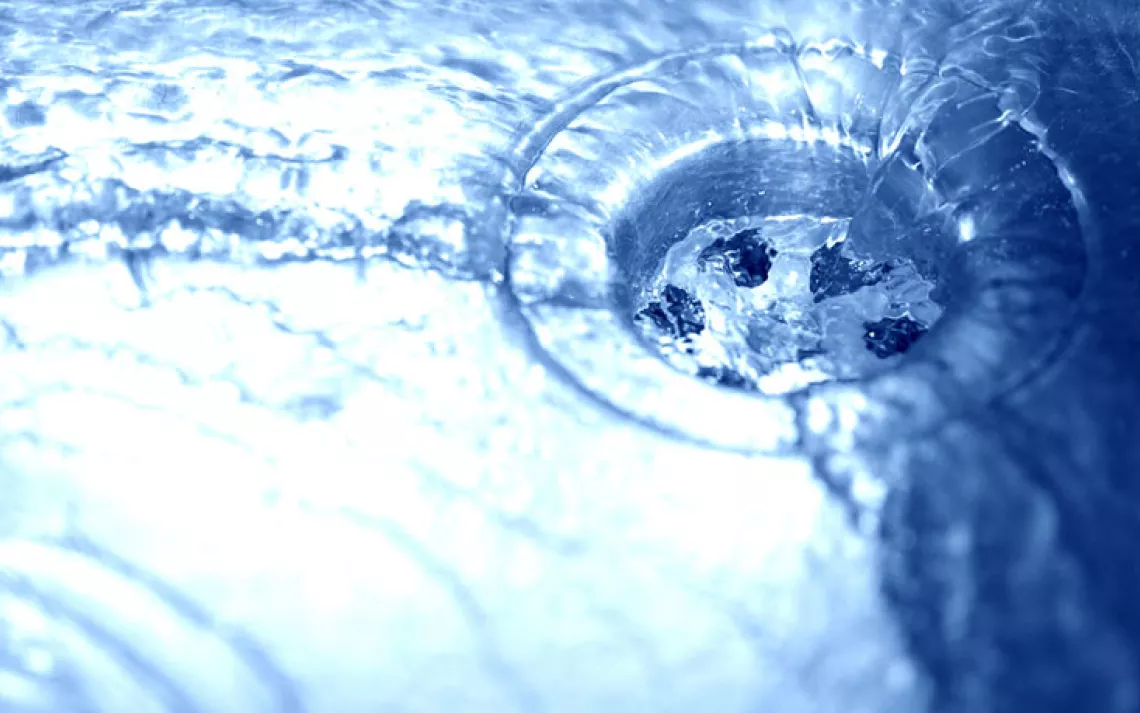Mr. Green, What Should Go Down the Drain?

Hey Mr. Green,
I’m confused about what we should and shouldn’t dump down the drain or flush into waste water systems. For example, is it okay to pour povidone-iodine down the drain? I can’t find any info on toxicity online, so I’m thinking it is?
—Peggy, Wheelwright, Massachusetts
Whoa! Hold the iodine! Hold everything! Don’t pour or flush any chemical products—including unused drugs—until you’ve read the following.
Finding out what to send down the drain can be tricky, because different states, counties, and towns furnish different information and have different policies. For example, your state’s Department of Environmental Protection does not ban the disposal of this iodine compound down the drain. And the American Water Works Association defers to local and state policy on this chemical, recommending that if there is any doubt about environmentally responsible disposal you should contact local wastewater agencies or state environmental agencies to find out what to do. If any of these say something is hazardous waste and must be taken to a disposal facility, don’t mess around: Take it to them. The most cautious view is that of the Water Environment Federation, which recommends disposal of your iodine at a hazardous waste disposal facility. A list of safe disposal methods for more than 75 commonly used substances can be found at WEF’s Web site. Unless a product is a known hazardous waste that must go to a proper disposal facility, it’s far better to put it in the regular garbage than to flush it down the toilet or wash it down the drain. This is because modern landfills are designed with liners to prevent dangerous material from leeching out, whereas waste water treatment systems might not even detect—let alone eliminate—substances in water that can harm wildlife. Pharmaceuticals, hormones, antibacterial agents, and even some health and beauty products in waste water may be having a toxic effect, even at extremely low levels. Your frogs, shellfish, and insects apparently can’t ingest as many steroids and other performance enhancers as 300-pound football players and still compete successfully in their traditional water sports. This is why a growing number of drugstores and communities now offer collection services for unused pharmaceuticals. If you’ve recovered from a malady that required a drug, or simply quit cold turkey because you’re worried about overmedicating (or overmedicating your worries), find out if there are any drug-collection options in your town. The best place to search for these is earth911.
 The Magazine of The Sierra Club
The Magazine of The Sierra Club



